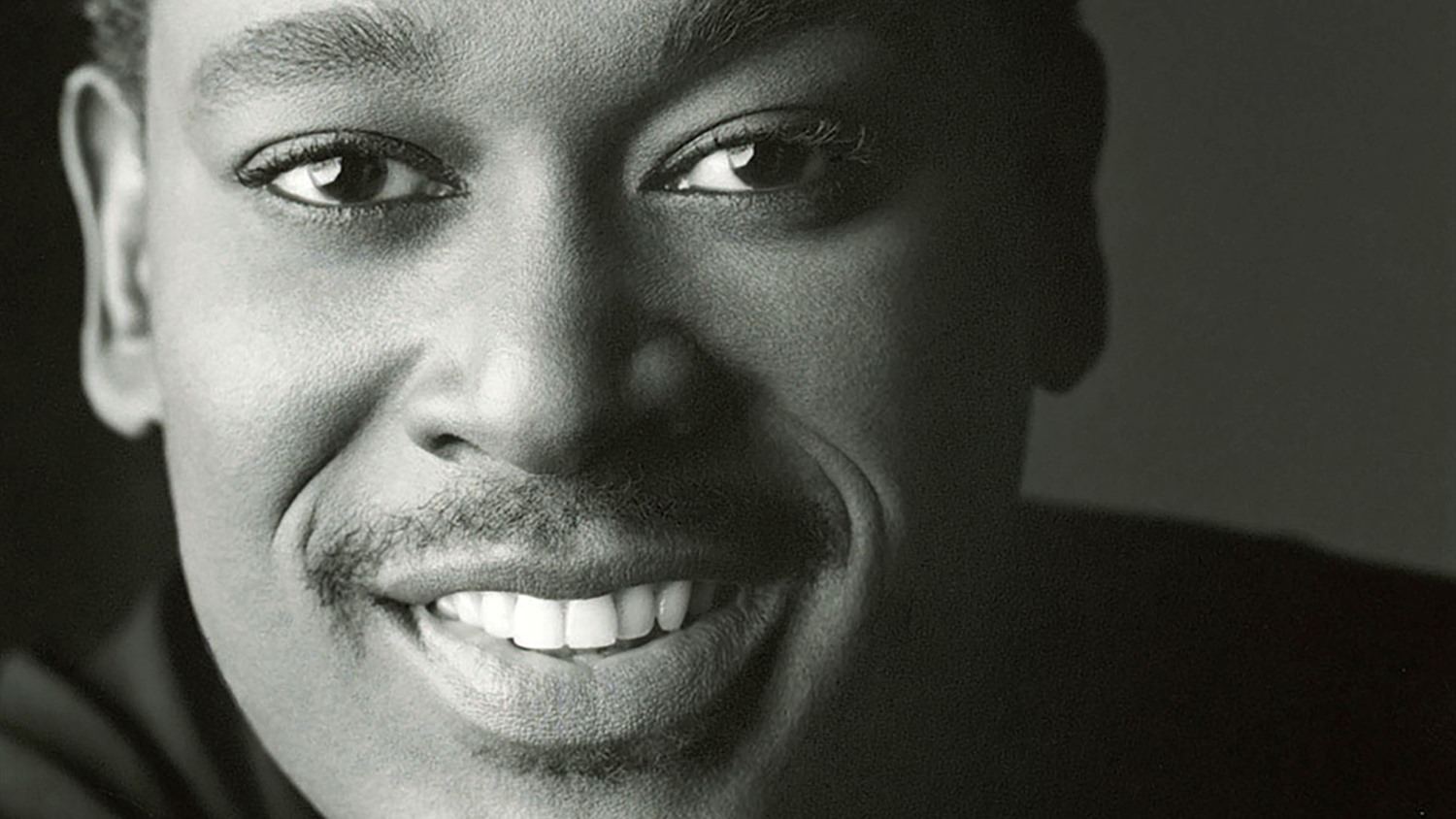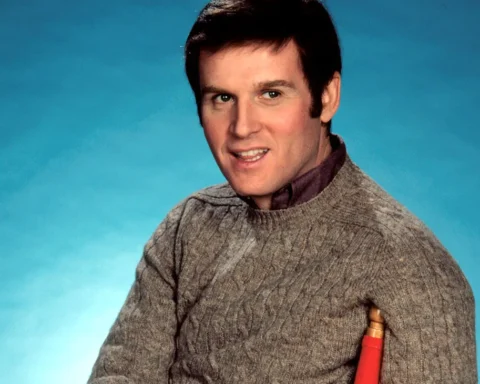Luther: Never Too Much
(USA, 100 min.)
Dir. Dawn Porter
Programme: Premieres
There are many iconic musicians deserving of the full bio-doc treatment – Jesse Belvin, for one, is certainly long overdue for one so that new generations may understand his impact. But as is far too often the case, certain artists, particularly those who may have been a far bigger deal within their community than outside it, are left to be forgotten in the constant chase for the new or the simplified canonization of the past. It’s therefore both historically gratifying and musically important that filmmaker Dawn Porter (John Lewis: Good Trouble) has set her sights on reminding the world what a big deal Luther Vandross is in the story of popular music in the late 20th century.
Vandross initially rose as part of the Listen My Brother ensemble, a group that, like the Voices of East Harlem, mixed gospel and funk with pop, following the likes of Edwin Hawkins in forming an infectious mass sound. They performed at the Harlem Cultural Festival (the concert that the Oscar-winning Summer of Soul detailed), and made a compelling appearance on Sesame Street.
From there, Vandross would spend over a decade as one of the most sought-out backup singers in the industry, first on R&B masterpieces accompanying Roberta Flack and Donny Hathaway, then his exemplary work with David Bowie on the Philly-soul sounding Young Americans record. He even wrote one of the tracks for The Wiz, the African American retelling of the Oz story that started on Broadway and was filmed with Diana Ross and Michael Jackson in key roles.
We witness Vandross’s career shift into jingles, a reminder of the time when commercials were as carefully shaped as any top-40 hit (a reminder of the profound realization that ended the last episode of Mad Men for how this came to pass, as least fictionally). At the turn of the decade, Vandross made that rare move so beautifully documented for other artists in another Oscar winner, Morgan Neville’s 20 Feet from Stardom, which told the stories of back-up singers who never quite found the spotlight. In front of the stage, the ever-shy individual who struggled with his own body image was immediately under scrutiny, resulting in songs that became giant hits, but also personal issues that would plague him throughout the rest of his life.
The smoothed voice singer soon became the soundtrack of bedrooms around the world, and the likes of Jamie Foxx talk in Never Too Much about the lubricative way that Vandross’s libidinously lyrical songs would serve in that context. His smooth style and evocative phrasing became foundational within African American circles, and in a prior to an era dominated by hip-hop, he truly was a superstar.
With such career-changing moments came complex relationships to both his past and his own identity. One of the aspects that Porter deftly tackles is how such a private man would not have wished the film to focus on those aspects of his life that he felt should be free from discussion. Long-time collaborator Richard Marx comes out and chastises those like Patti LaBelle who talked firmly about Vandross’s sexuality, justifying his need to stay closeted on the basis that it would have been detrimental to maintaining the support of his female fanbase who fell for the fantasies inherent in many of his romantic songs.
The fact that Vandross was a founding member of LaBelle’s fan club is one interesting element that’s under-explored, given how she became so embroiled in posthumous posturing about his own private life, but this is but one element in the complex story of the man that shows the highly ambivalent aspects that result from being behind the microphone with the spotlight on others, to stepping up and taking lead.
His fluctuating weight became itself part of the paranoia of the age, and this story is one very important to document, providing much needed context to his greater story. Several tragedies, including a car accident resulting in the death of a talent he was fostering, are also ripe for tabloid exploitation in a lesser work. Porter doesn’t shy away from these narratives, but thanks to some excellent archival work, as well as numerous interviews from people that knew Vandross best including long-time collaborators Fonzi Thornton, Robin Clark, Carlos Alomar, Nile Rogers, Marcus Miller and Nat Adderley, Jr., we’re gifted a richer, more detailed version of the man and his music.
Luther’s voice was a rare instrument indeed, and his varied work continuing to echo even in the mega-pop sound of today. Never Too Much proves it’s never too soon to celebrate this phenomenal talent. While much of it plays as a relatively conventional talking head music doc, the subject is so fascinating, the filmmaking craft so assured, and the deeper elements surrounding his life, career, and beliefs so profound. Like the seductive pop he produced, Never Too Much holds a story that transcends the usual into something quite sensational.














